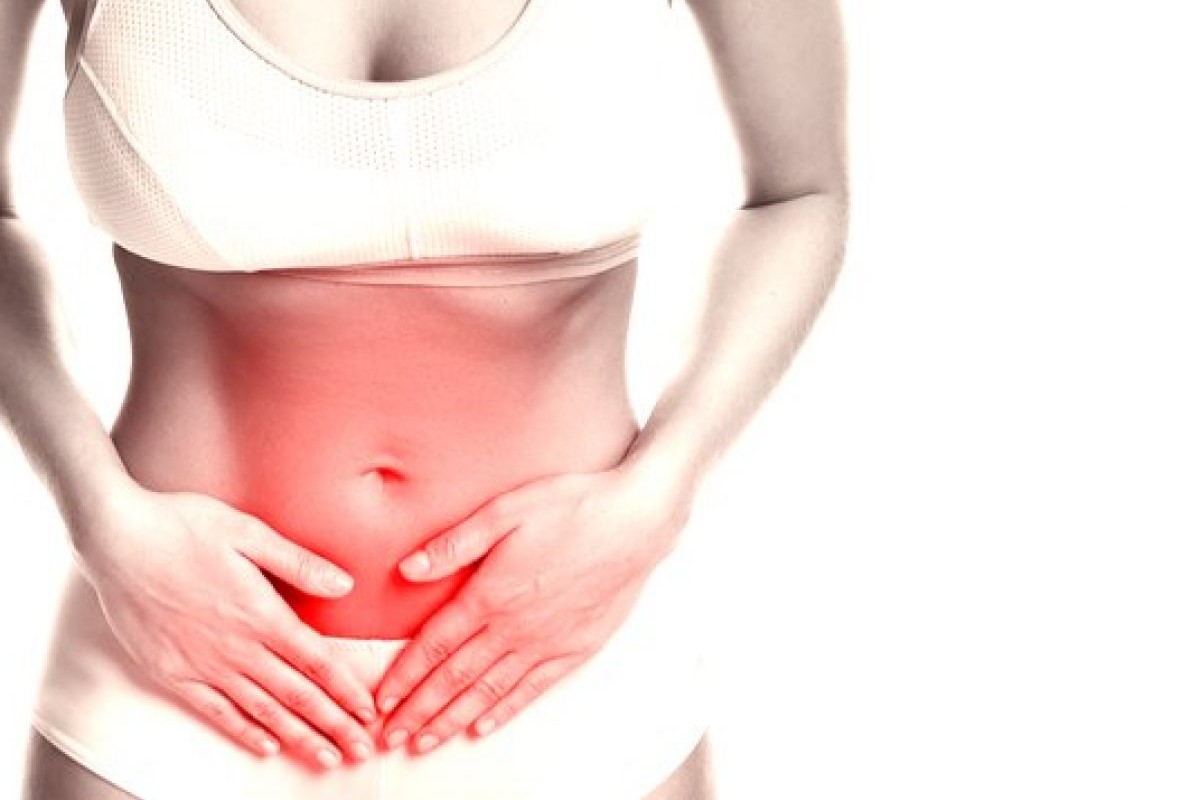
How does cystitis manifest itself?
Cystitis is an inflammation of the bladder due to bacterial agents. There are different causes, there is a variety called ‘honeymoon cystitis’ which is a disorder that affects women shortly after the end of sexual intercourse
Typical symptoms of cystitis
The symptoms are typical, and last for about a couple of days: within an hour after the end of intercourse, there is a burning sensation, a feeling of a full bladder and an urgent need to urinate.
This discomfort is due to the particular conformation of the woman’s urinary tract, which is much shorter and straight, and therefore more easily subject than the man’s to the action of bacteria that intend to attack it.
Sometimes women with cystitis present cloudy or foul-smelling urine, with the presence of blood or pus, and experience pain in the lower abdomen.
The doctor’s diagnosis is made by recognising and isolating the bacteria responsible for the infection, and administering the appropriate antibacterials to the patient.
Dietary rules are essential, with plenty of drinking and exclusion of spicy and spicy foods.
Read Also:
Emergency Live Even More…Live: Download The New Free App Of Your Newspaper For IOS And Android
Cystitis, Antibiotics Are Not Always Necessary: We Discover Non-Antibiotic Prophylaxis
Polycystic Ovary Syndrome: Signs, Symptoms And Treatment
Vulvodynia: What Are The Symptoms And How To Treat It
What Is Vulvodynia? Symptoms, Diagnosis And Treatment: Talk To The Expert
Accumulation Of Fluid In The Peritoneal Cavity: Possible Causes And Symptoms Of Ascites
What’s Causing Your Abdominal Pain And How To Treat It
Pelvic Varicocele: What It Is And How To Recognise The Symptoms
Can Endometriosis Cause Infertility?
Transvaginal Ultrasound: How It Works And Why It Is Important
Candida Albicans And Other Forms Of Vaginitis: Symptoms, Causes And Treatment
What Is Vulvovaginitis? Symptoms, Diagnosis And Treatment
Urinary Tract Infections: Symptoms And Diagnosis Of Cystitis


